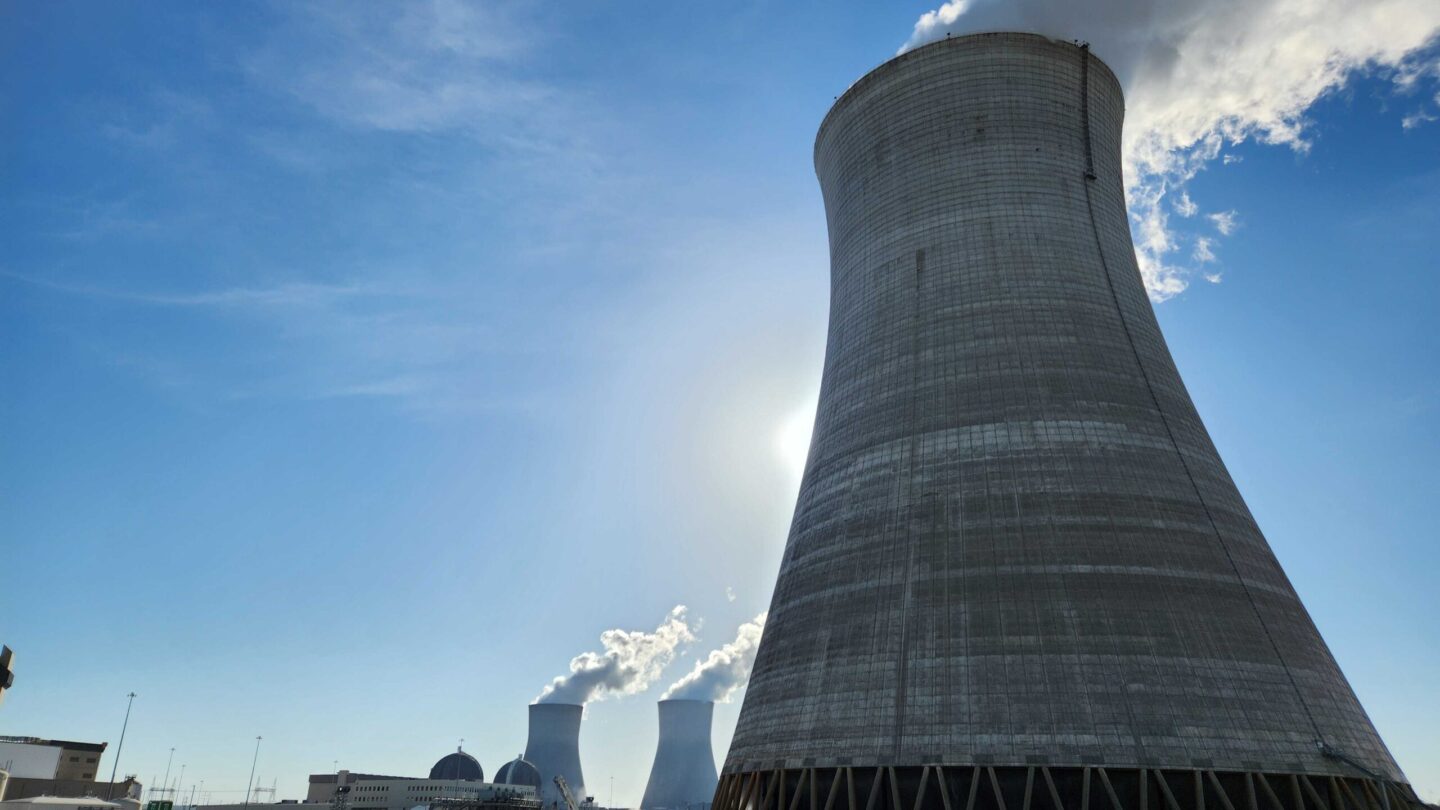Atlanta resident Jean Millkey told state regulators Wednesday she has come to grips with her belief that Georgia Power is probably not acting in the best interests of its customers who continue to see their electric bills rise.
She spoke to the Georgia Public Service Commission on Wednesday as the five-member panel held a certification hearing on Georgia Power’s plan to build three methane gas and oil burning units that company officials contend is urgently needed to meet the state’s rapidly growing industrial development demands.
Prior to the start of testimony from Georgia Power officials defending the push to quickly bring more fossil fuel-based energy sources online, Millkey expressed her concerns about how the utility company’s shareholders continue to profit at the expense of customers.
Millkey said her family has been able to afford the electric bills that have significantly increased over the past few months for reasons other than the need to keep cool in the hot summer months. She said many Georgians are struggling to keep up with rising electric bills due to the PSC signing off on projects like Georgia Power’s nuclear expansion at Plant Vogtle and the potential addition of three power units at Plant Yates.
“I’ve worked with food banks, I’ve worked with many nonprofits and realize that I’m lucky because I can afford this double increase, and I won’t have to cut back on groceries, but there are a lot of people out there who are struggling,” Millkey said during the public comment period.
“We’ve just opened Plant Vogtle but now Georgia Power wants to go back on their promise to move forward with clean energy by adding more fossil fuel plants,” Millkey added.
The proposed 1,300 megawatt Yates expansion was the focus of Wednesday’s hearing after the project was included this spring in Georgia Power’s revised strategic plan. The state regulators would also hear arguments Wednesday from environmental groups in opposition to adding more polluting fossil fuels that will be in operation for nearly 50 years that they say will do more long-term harm to public health and the environment than clean energy alternatives.
The company’s lawyers, environmentalists and consumer watchdogs will get more chances to make their case to a PSC committee on Aug. 15, prior to the commission’s vote on the proposed Yates expansion scheduled Aug. 20.
Southern Environmental Law Center analysis estimates that the Yates project would account for about half of Georgia Power’s $3 billion strategic plan revisions. Several environmental groups criticized the company for avoiding a competitive bidding process, which could result in ratepayers paying more for the projects to be built.
Georgia Power has pledged it will not seek to recover any construction costs overruns from customers, unless it’s caused by events beyond the company’s reasonable control, such as natural disasters.
Once completed the new Yates units will be the most efficient in Georgia Power’s system, said Jeffrey Grubb director of resource and planning for Georgia Power. The new gas-fired units will convert to being fueled by oil if natural gas is unavailable.
“At the end of the day, we are committed to what we can control to build the units and bring those online and bring them up to service,” Grubb said. “The stipulation is specific on situations that we could come back and ask for cover of that, but it’s not on what the company controls for construction.”
The debate over Georgia Power’s utility rates has intensified over the last several years as customers faced hikes in electric base rates and paid for soaring fuel costs, coal ash cleanup and construction overages at Plant Vogtle.
The utility company’s revised outlook also calls for bringing more renewable energy online with the addition of a total of 1,000 megawatts of solar capacity with battery storage by early 2027 and the extension of purchasing agreements in Florida for natural gas, and with Mississippi Power, a subsidiary of Georgia Power’s parent company Southern Company.
An expert witness for the Sierra Club and Southern Alliance for Clean Energy is urging the PSC commissioners to delay the Yates certification until a new fuel recovery policy ensures that Georgia Power customers don’t have to pay 100% of the expansion costs.
Economic and financial consultant Albert Lin argued Wednesday that the certification should be delayed until state regulators are able to consider a separate request for bids for a package of energy source plans the company is seeking.
“The practice of passing through all the fuel costs has been around for some 50 years. Back then, every technology for generating electricity used some kind of fuel and prices were generally very volatile,” Lin said. “Today, things are very different. Innovation and technology has created ways to conserve, to create demand response programs and to generate electricity with all kinds of technologies with low or no fuel cost.”
This story was provided by WABE content partner Georgia Recorder.









